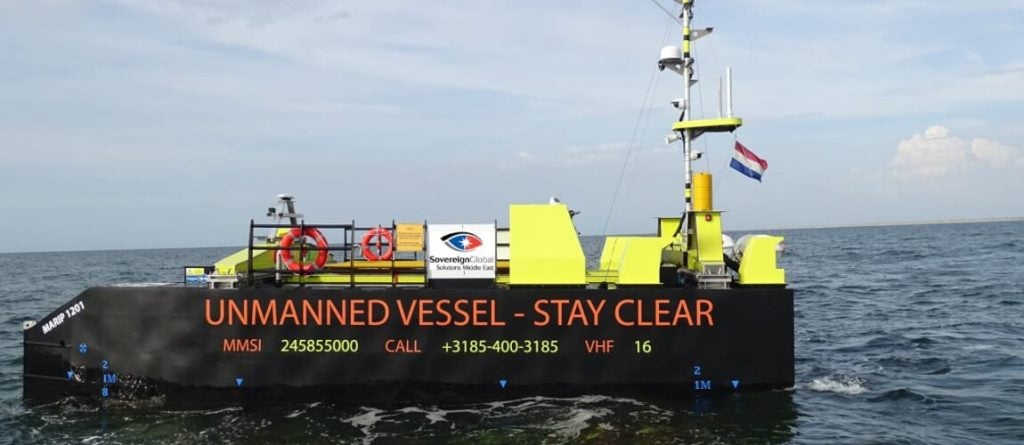
UK-based antifouling company Sonihull has received recognition in the International Trade category for its antifouling, ultrasonic soundwave-emitting technology.
The technology prevents marine algae, weeds, and molluscs from latching onto ocean-going vessels such as ships and wind farms. In addition, toxic biocidal coatings that can contain chemicals and microplastics are not used.
Sonihull CEO Darren Rowlands said: “It is a huge privilege and honour for Sonihull to be named as one of the first companies to receive the new King’s Awards for Enterprise.
“This is the single most prestigious awards for UK businesses, and it is particularly special to receive this acclaim from King Charles, who is well-known for championing climate action.
“Although we’re based in a landlocked city, Coventry has always been a hotbed for innovation and industry, and we are proud to centre our operations in the place we call home.”
Turnover has grown 40% year-on-year and SoniHull has embraced opportunities for expansion.
The company has a Research and Development Centre & Operations Hub in Abu Dhabi, which opened in 2020, and it is the only full-time laboratory dedicated to ultrasonic antifouling.
In addition, the company opened a US office in Boston in 2022. Bases in Vancouver and the EU will open this year.
The antifouling industry is worth around $100bn annually in the commercial shipping sector. Sonihull’s technology can be found on vessels in more than 70 countries, operating on around 1% of the world’s commercial vessels.
Rowlands added: “From an idea on holiday in Greece to winning The King’s Awards for Enterprise is some journey for us but it is a reflection of all of the hard work of our fantastic team and a dedicated client base that keeps on growing.
“As well as reducing maintenance costs by up to 90%, Sonihull is helping to clean up the ocean by removing the need for traditional toxic biofouling methods such as biocide and copper, and replacing it with an ultrasonic antifouling system, which does not need biocides nor does it interfere with marine mammals.”





